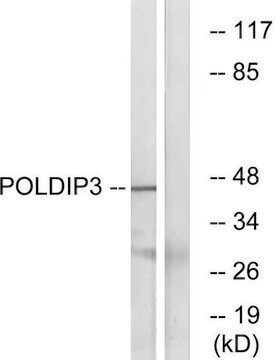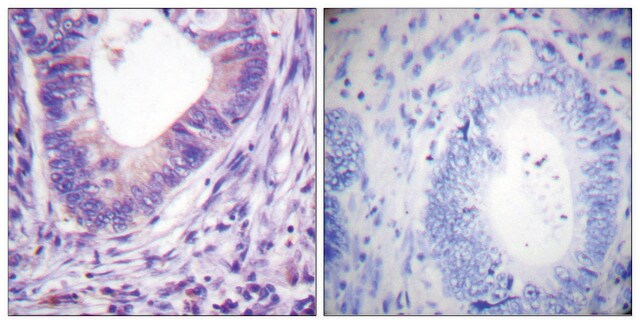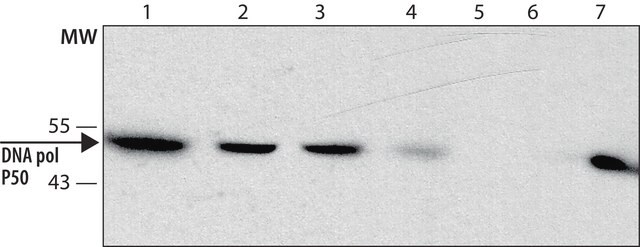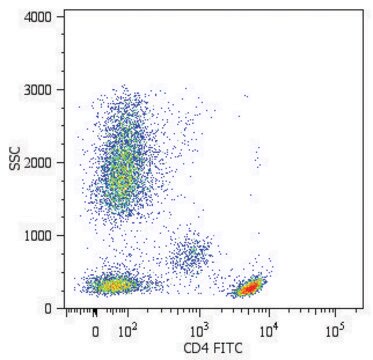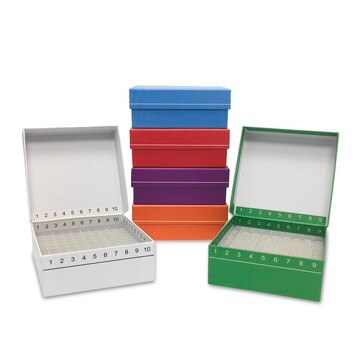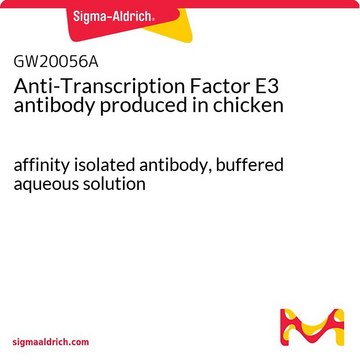WH0057804M1
Monoclonal Anti-POLD4 antibody produced in mouse
clone 2B11, ascites fluid
Synonym(s):
Anti-POLDS, Anti-p12, Anti-polymerase (DNA-directed), delta 4
About This Item
Recommended Products
biological source
mouse
conjugate
unconjugated
antibody form
ascites fluid
antibody product type
primary antibodies
clone
2B11, monoclonal
species reactivity
human
technique(s)
indirect ELISA: suitable
western blot: 1:500-1:1000
isotype
IgG2bκ
GenBank accession no.
UniProt accession no.
shipped in
dry ice
storage temp.
−20°C
target post-translational modification
unmodified
Gene Information
human ... POLD4(57804)
General description
Immunogen
Sequence
MGRKRLITDSYPVVKRREGPAGHSKGELAPELGL
Biochem/physiol Actions
Physical form
Legal Information
Not finding the right product?
Try our Product Selector Tool.
Storage Class Code
10 - Combustible liquids
WGK
nwg
Flash Point(F)
Not applicable
Flash Point(C)
Not applicable
Personal Protective Equipment
Certificates of Analysis (COA)
Search for Certificates of Analysis (COA) by entering the products Lot/Batch Number. Lot and Batch Numbers can be found on a product’s label following the words ‘Lot’ or ‘Batch’.
Already Own This Product?
Find documentation for the products that you have recently purchased in the Document Library.
Our team of scientists has experience in all areas of research including Life Science, Material Science, Chemical Synthesis, Chromatography, Analytical and many others.
Contact Technical Service